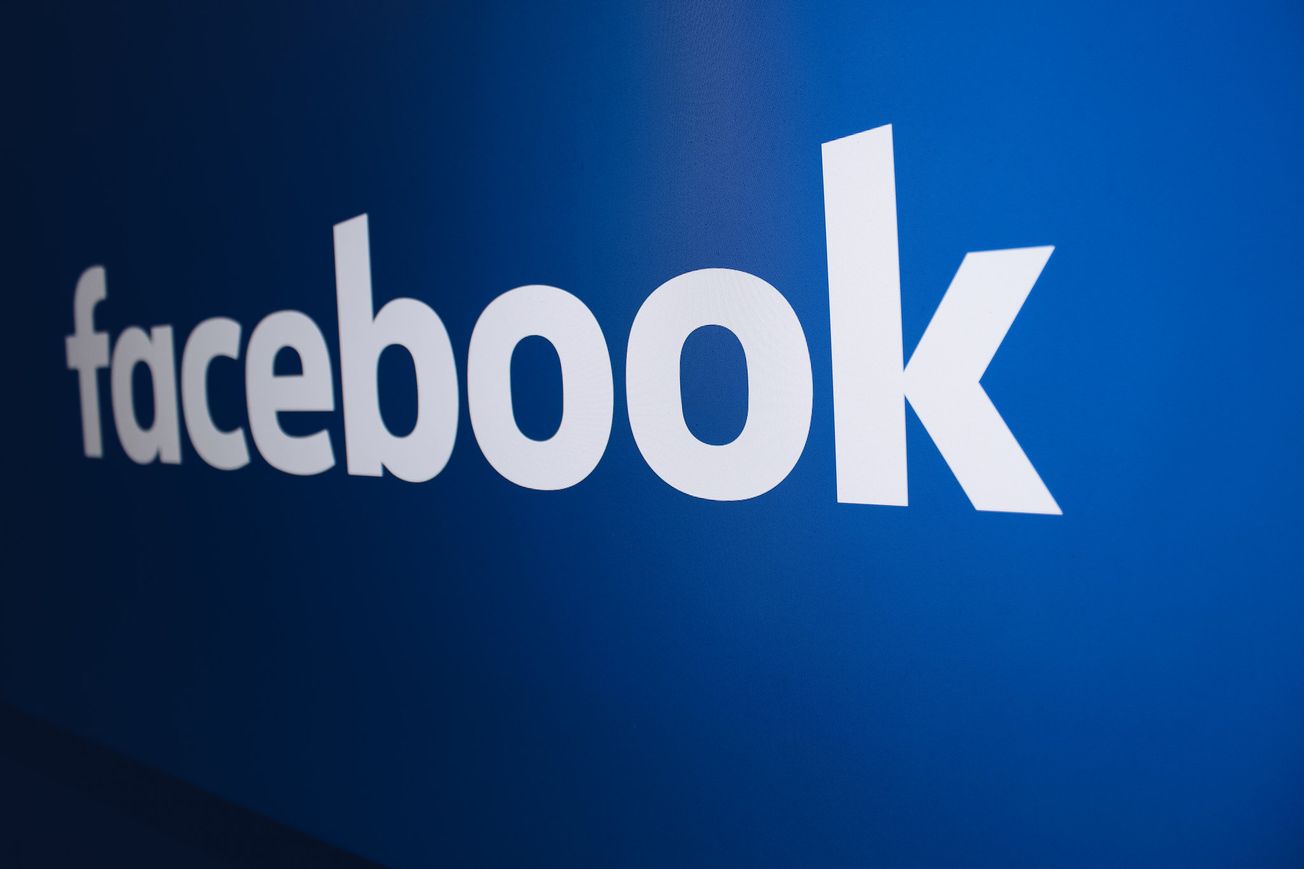Apple has released new statistics that show progress toward its goal of eliminating passwords permanently.
According to a conversation between Apple and 9to5Mac, the company has revealed that 95 percent of iCloud users have enabled two-factor authentication (2FA), a requirement for the use of Apple's new passwordless authentication standard.
According to the numbers, nearly all accounts will see immediate benefits from Apple Passkeys once the system is released alongside iOS 16, iPadOS 16, and macOS Ventura.
Apple Passkeys, which were unveiled at WWDC 2022, are a new way for users to sign in to accounts and services without ever having to create a password.
Passkeys, which is built on FIDO standards, is a replacement for traditional passwords that uses a digital key. In addition to never being stored on a web server, these keys are also encrypted from end to end, so not even Apple can decrypt them.
Apple users will need to use biometric authentication (Touch ID or Face ID) whenever they set up a new passcode or access an existing account. The iCloud Keychain will synchronize passwords across all of your Apple devices.
Traditional password-based security has many drawbacks that the new system aims to remedy. Using biometric authentication, for instance, will do away with the need for users to come up with and remember complicated passwords for each of their online accounts (or resort to using a password manager). Also, Passkeys will reduce the likelihood of account compromise because there won't be any passwords to compromise if users aren't required to create them.
There will be fewer stumbling blocks to the implementation of Apple's Passkeys system in the next generation of operating systems due to the widespread use of two-factor authentication in the Apple ecosystem.
Passkeys will initially only be compatible with a small subset of existing first- and third-party services. After some time has passed for programmers to incorporate the new authentication method into their apps, Apple hopes it will become the standard.









